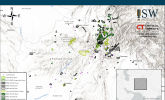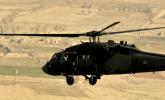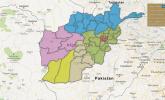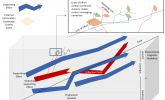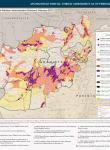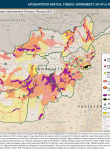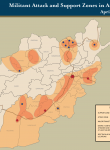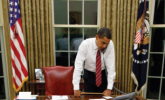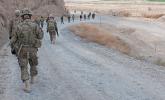
Taliban Governance in Afghanistan
The Taliban achieved its primary objective by taking over Afghanistan in 2021. It now presides over a weak state that is unable to address long-term socio-economic and security challenges. Supreme Leader Hibatullah Akhundzada is worsening tensions within the Taliban as he expands his power within the regime and his policies are exacerbating the economic crisis the country faces.



